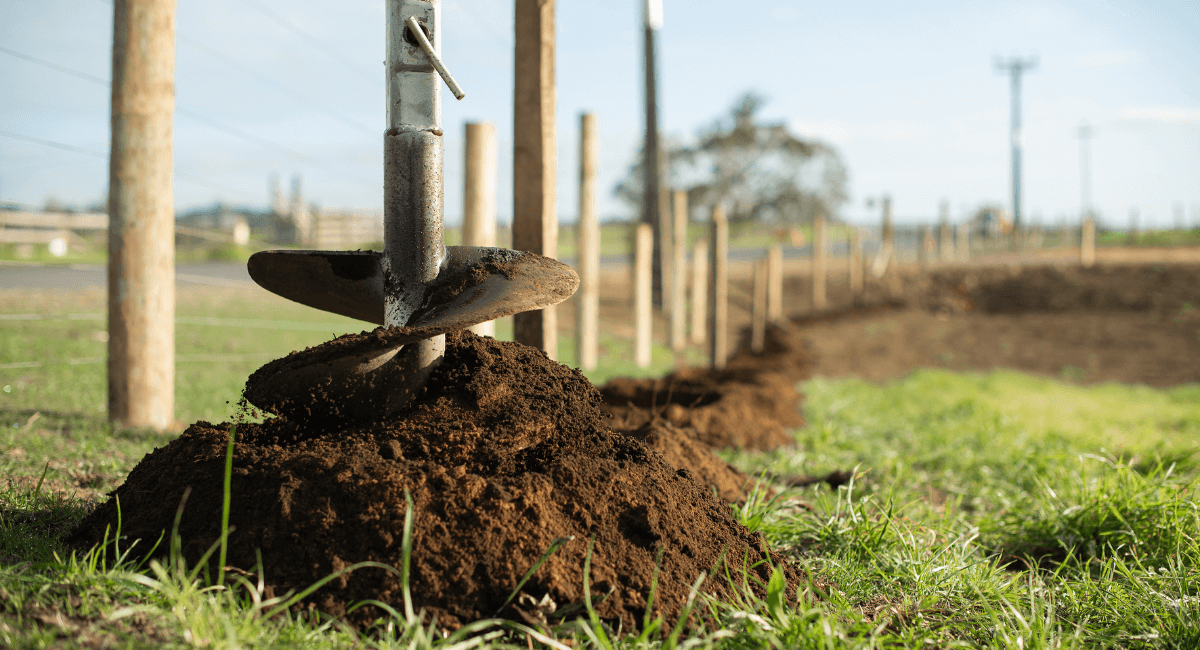Property development can deliver strong rewards, but navigating tax obligations is rarely straightforward. Overlooking key rules can erode profits or create unexpected liabilities. To help you stay compliant and protect your bottom line, here are five common tax traps developers encounter - and how to avoid them
1. Ignoring Goods and Services Tax (GST) Obligations
Many property developers overlook their GST obligations, which can result in substantial penalties.
Solution: Ensure you are registered for GST if your turnover exceeds the registration threshold. Keep detailed records of all sales and purchases to help accurately calculate your GST liabilities.
2. Incorrectly Claiming Deductions
Expenses related to property development can often be incorrectly claimed as immediate deductions, leading to issues during tax assessments.
Solution: Distinguish between capital and revenue expenses. Only claim deductions you're entitled to and ensure expenses like interest and holding costs, typically capitalized until the property is completed and sold, are not incorrectly expensed.
3. Overlooking Potential Bright-Line Implications
Misunderstanding when and how the bright-line rule applies can lead to unexpected tax bills.
Solution: Plan each development project with a clear understanding of the tax implications. Consult with your accountant to determine whether a property is being held as trading stock (where profits count as ordinary income) or as an investment (potentially subjecting it to the bright-line rule).
4. Mismanaging Property Titles and Ownership Structures
The structure in which you hold property plays a crucial role in determining tax liabilities.
Solution: Review your ownership structures - such as individuals, companies, or trusts-as each has different taxation implications. Strategic planning with a tax advisor can help optimize your tax outcomes and ensure compliance from the outset.
5. Failing to Comply with PAYE and Withholding Tax Requirements
If you engage workers or sub-contractors, failing to meet PAYE and/or withholding tax obligations can lead to penalties.
Solution: Implement a robust payroll system to ensure PAYE and withholding tax is managed correctly. Regularly review and update subcontractor agreements and ensure compliance with Inland Revenue requirements to avoid potential penalties.
Final Thoughts
Navigating the tax landscape in property development can be intricate and demanding, but with thorough planning and professional advice, these common tax traps can be avoided. Partnering with a knowledgeable accounting firm can provide you with the support and guidance necessary to manage your tax obligations effectively, ensuring the success and profitability of your property development projects.
Our team is ready to help guide you through the tax complexities of development













